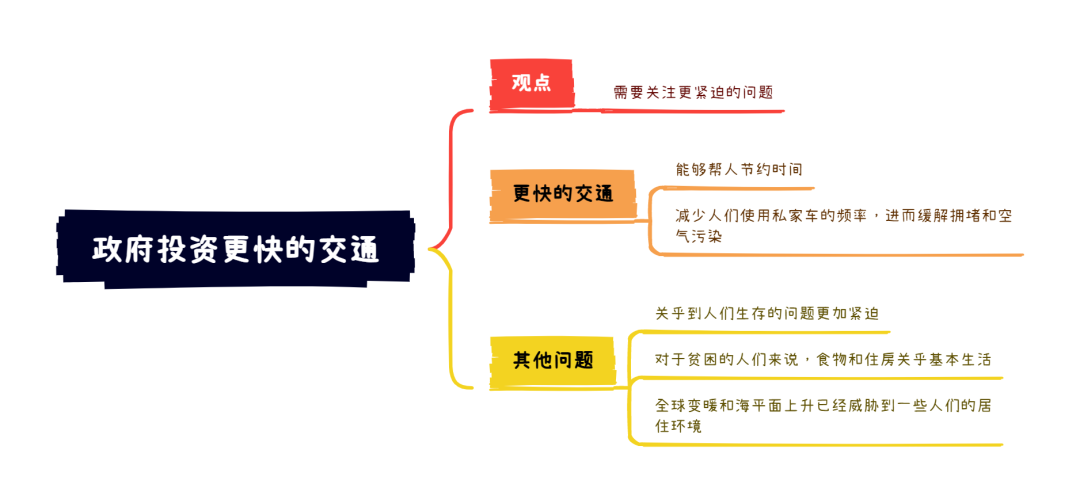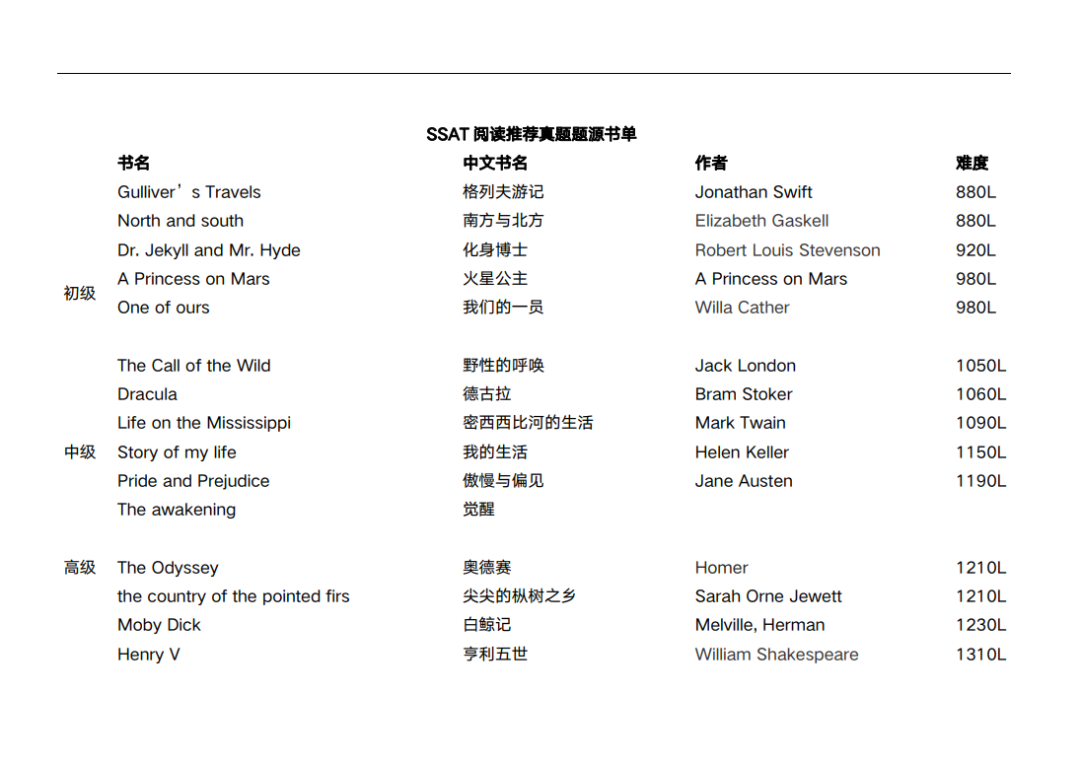选专业或者选工作的时候经常听到的建议是“按照自己喜欢的来就好?”,“从心”。
但研究显示,“从心”的选择往往是陷入社会既定规范的选择,
But following your passions often turns out to be a bad idea. New research that we and our colleagues conducted found that when asked to identify their passions, women and men tend to cite stereotypically feminine and masculine interests and behavior.
比如女生可能选择艺术、文科相关的多,男生可能选择理工科计算机的居多
Women are more likely to say they want to make art or help people, for instance, while men are more likely to say they want to do science or play sports.
换句话说,我们很少能在20来岁的时候真的知道自己passion的到底是什么,相反,更为清楚的可能是社会对于自己的期待
In other words, when asked to identify their passions, people seem to do precisely what following their passions is supposed to discourage: They conform to societal expectations.
所以在一些被鼓励按照自己的兴趣去找未来发展方向的社会,往往在职业和专业的选择上,有很强的性别差异。
... if you encourage women and men to follow their passions in selecting a major or career, there is a big gender gap.
另外一个有意思的发现是,如果我们不是从自己的passion 去选择职业或者专业,而是从收入,兼顾家庭角度选择的时候,性别差异可能就没有那么大了。
In countries such as Malaysia and Kuwait, the gender disparities in computer science and engineering degrees are much smaller than they are in the United States. Students in those countries typically pick their majors for other reasons — income, job security, family obligation.
当然这里不是说找到自己的passion 不重要。
想说的时候大多数人年轻的时候其实还没那么好的认识自己,所以所谓“passion”的建议是比较虚的。
另外要注意到的是,人的passion 还是很容易受到外界的影响的。
比如当计算机课的教室里放了一个star-trek类似比较男性的海报,女生马上会对这个计算机课失去passion,这和计算机课本身的知识点没有任何的关系。
... high school girls and college women expressed less interest in enrolling in a computer science class when the classroom was furnished with “Star Trek” posters, video games and other objects stereotypically associated with men than when the same classroom was decorated with nature posters, plants and other more gender-neutral objects.
所以,当我们“从心”去做选择的时候,得问一下自己,这真的是自己内心喜欢的吗,还是自己受到了周遭环境的影响。














